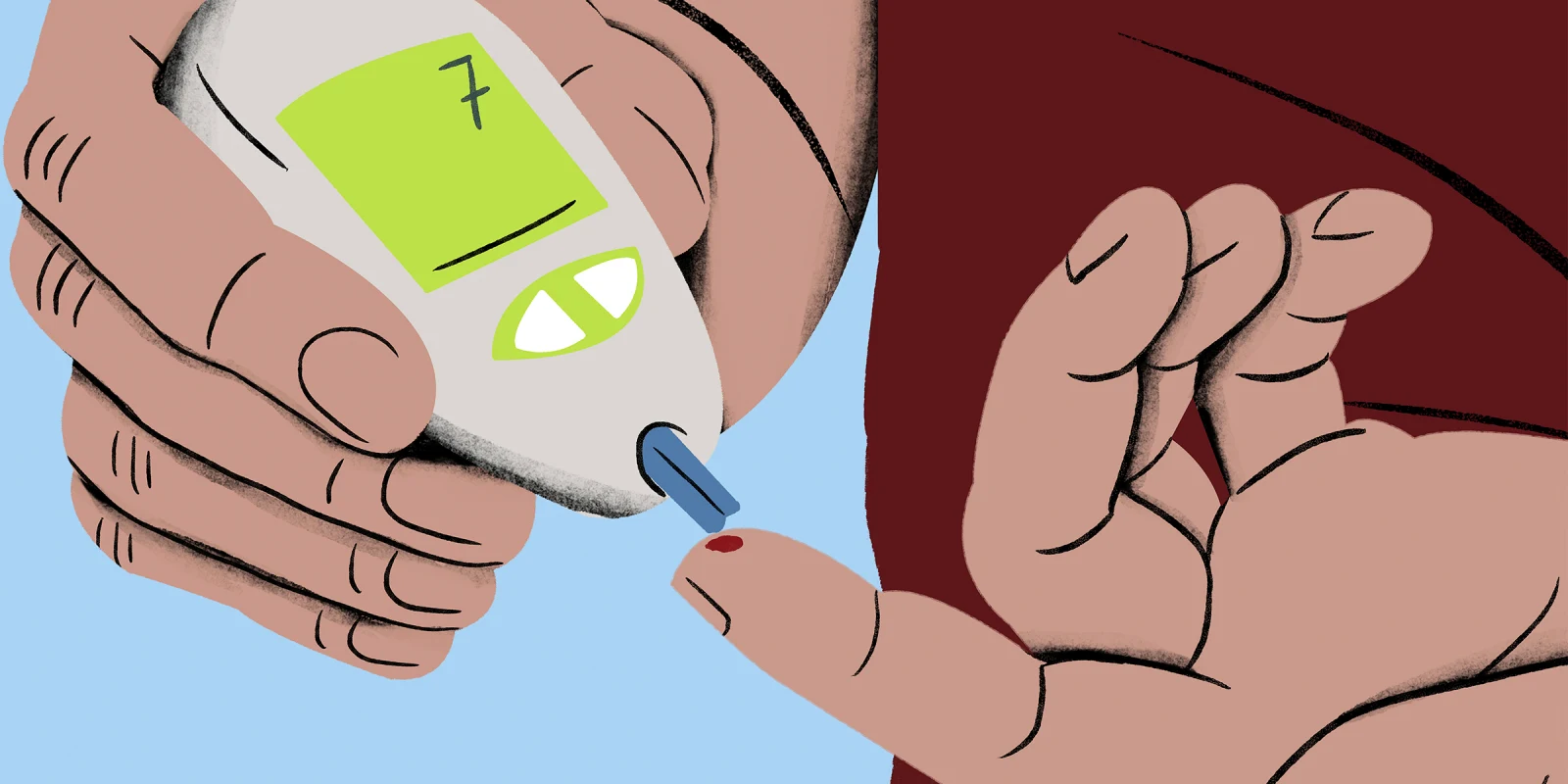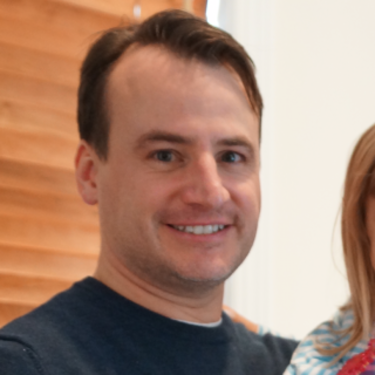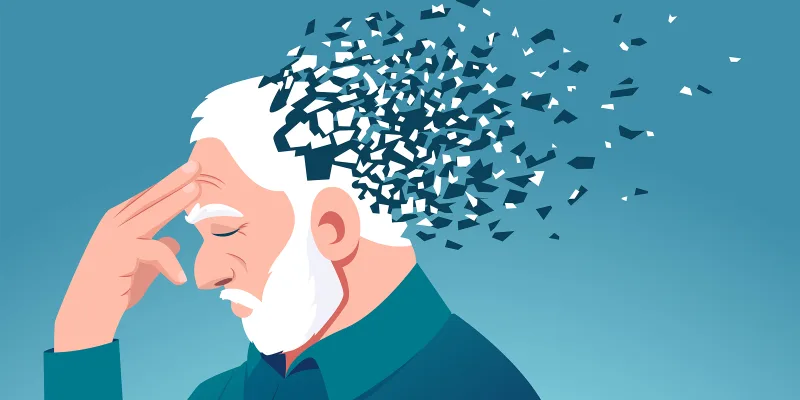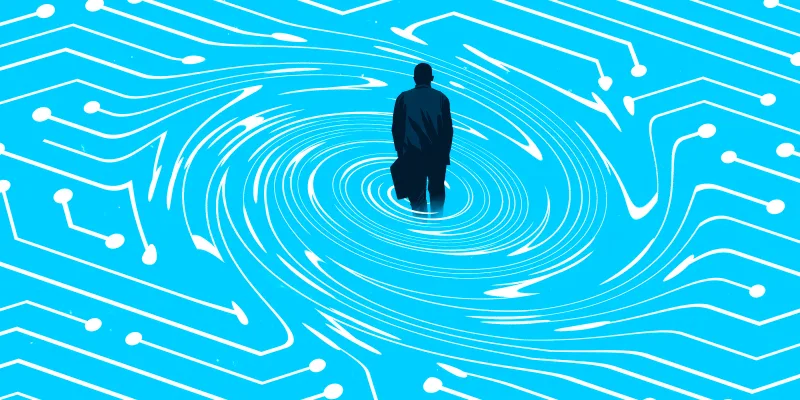Endocrinology was always one of my least favorite areas of medicine — especially diabetes. I didn’t like the name, the complications, or the treatment. Patients would waste away to death, despite being fed. An early solution involved the opposite: starving diabetics and providing them with just enough food to survive the rest of their painfully thin and hungry days.
About four years into my first job as a PA, I discovered that even if I didn’t like endocrinology, it liked me (or at least, was insistent on being part of my life): I found that I couldn’t walk from the cardiac floor to to the other side of the hospital without stopping for water, leading me to visit the bathroom every 20 minutes. I had suspicions about what was happening … but I chose to ignore them. Finally, I asked an ICU nurse one day to check my blood sugar. “That can’t be right,” she said when the monitor read 400, then displayed “+.” We tried a different meter and got the same result. To the ER I went.
Diabetes Type I. Insulin-dependent. How, I thought, could a surgical PA continue to work, when his pancreas couldn’t cope with long hours in the ER without food or easy access to blood glucose measurements? Was this something to hide? That was near-impossible, as many members of the team visited me in the ER, one fellow playfully throwing sugar packets at me. I felt exposed, weak, and no longer in control of my future. I was always the one who took on challenges headfirst, covered my colleagues’ call hours when they were sick, and thought little of staying late to finish a case. But now, I had late-onset Type I diabetes. I was insulin-dependent and needed injections or an insulin pump to survive.
How did this all affect me? I felt damaged and vulnerable. I was also full of doubt. How could I operate on people? Could I, should I, still consider having kids? Not to mention that I worried about my siblings, some without good health care options.
A part of me wanted to ignore the diagnosis, to just chalk it up to the bad lemonades I’d ingested during a recent ski trip. But another part of me knew I shouldn’t. I was scared — but I decided to treat myself the way I would a patient. I searched my brain for those scraps of endocrinology that I learned in school or on the cardiac floor of the hospital. Luckily, I had great support, as I consulted with diabetes specialists almost every day at my job.
It has now been two decades. I still don’t believe it. Fortunately, none of my siblings or the kids I eventually had have shown signs of diabetes yet, and I am vigilant in my monitoring. As the years go by, I find myself getting closer to believing that I can be reliable and healthy while I work for and treat my patients. Most have no idea about my diagnosis, as it is not a concern. Stubbornly, my pancreas and blood sugar levels have sporadically appeared normal over the years, with “honeymoon” periods lasting as long as six months. During those times, I needed little insulin and hoped that perhaps this was a misdiagnosis. Sadly, those days seem long gone now.
We are clinicians, health care advocates, diagnosticians, and colleagues. That goes without saying. However, we are also human. We can get sick, and we can experience all the emotions that go along with illness. And yet, despite the bad days, we get up, build our strength back, and show up the next day. We are fragile, fallible, yet we are resilient.
My experience with a late-onset diagnosis has irrevocably shaped my approach to clinical care. I tell my patients now that feelings are nothing we ask for. They come and go, leaving all kinds of effects in their wake. What we do with these feelings, however, is what makes us who we are. We are responsible for our actions, and how we process those feelings.
After this ordeal, I realized that it’s OK to be sick. Some things are just beyond our control. I knew when I was diagnosed that I would have to step down if my diagnosis compromised my patients’ care in any way. I continue to take that seriously. Fortunately, things in the OR were less disruptive than I feared. I never needed to scrub out of a case because my blood sugar was low — but I did have nurses who took on the extra responsibility of checking my monitor, and who even gave me candy behind my mask on rare occasions. I also worked hard on maintaining stability with my blood glucose, and appreciated the assistance of those in the OR who added it to their list of variables to the case. The whole process reaffirmed for me that health care is truly a team effort, and we all contribute to the goal.
These days, I no longer work in the OR after a move to psychiatry. It’s far easier to manage my diabetes in this new specialty, but my worries that it may affect my day-to-day care of my patients have remained. Turns out, it does not. I am lucky to be pretty stable, and while I do have the occasional equipment failure or unstable day, it’s rare. That said, I have come to accept that things could change. And I have found a greater empathy with patients who may be dealing with similar chronic illnesses — I know that for some of us, there will be a few extra pieces to the work of everyday living. In my case, it’s about using a CGM and insulin pump. In theirs it may be simply making their bed, or taking their medication on time. But above all else, I am doing what I committed to do so many years ago when I became a clinician: working to provide the best care, and trying not to worry about what I cannot control.
Has a diagnosis ever shaped the way you care for your patients? Share in the comments.
Chris van Eyck, DMSc, PA-C, MSHS is a psychiatric physician associate working in psychiatry in Northern Virginia. He was a 2023–2024 Doximity Op-Med Fellow and continues as a 2024–2025 Doximity Fellow.
Image by Amr Bo Shanab / Getty Images







